Explore Travel Topics
Browse through our curated categories to find the perfect inspiration for your next trip
Camping
Camping, outdoors and nature
Cruise
Cruises and sea voyages
Good deal
Travel deals and promotions
News
Tourism and travel news
Rental
Holiday rentals and accommodation
Tourism
Destinations and tourist discoveries
Travel
Trips, itineraries and adventures
Vacation
Holidays, stays and relaxation
Everything You Need to Plan Your Journey
Texbrick provides comprehensive travel resources covering destinations worldwide, accommodation options, budget-friendly tips, and seasonal highlights. Whether you're a seasoned globetrotter or planning your first adventure, our detailed guides help you make informed decisions.
- In-depth destination reviews and cultural insights
- Budget travel tips and money-saving strategies
- Seasonal travel recommendations and best times to visit
- Honest accommodation comparisons and location guides
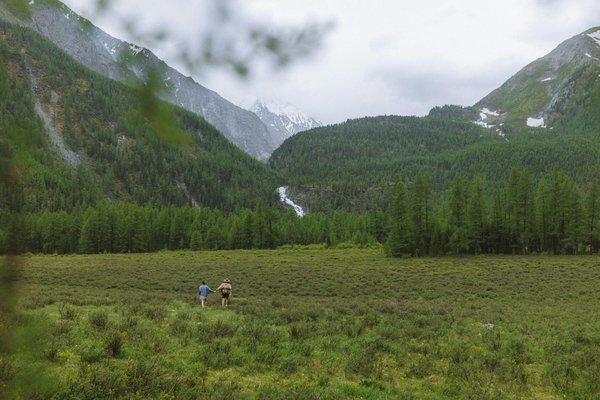
What Our Readers Say
Join thousands of travelers who trust Texbrick for their travel planning

The camping guides on Texbrick helped me discover hidden gems across Europe I never would have found otherwise. The detailed maps and local tips made my road trip absolutely magical. I check this site before every adventure now!

I was hesitant about booking my first cruise, but the comprehensive articles here walked me through everything. The honest breakdowns of different cruise lines and routes gave me the confidence to finally book my dream Mediterranean voyage.

As a budget-conscious family of four, the good-deal section has saved us thousands. The seasonal insights and rental property comparisons help us plan vacations we thought were out of reach. Texbrick is our go-to resource now.
Latest articles
Our recent publications

How can eco-friendly practices enhance your camping experience in the UK?
As avid campers and outdoor enthusiasts, we bear a unique responsibility. The environment that we so...

How to choose the perfect camping spot in the Yorkshire Dales?
...
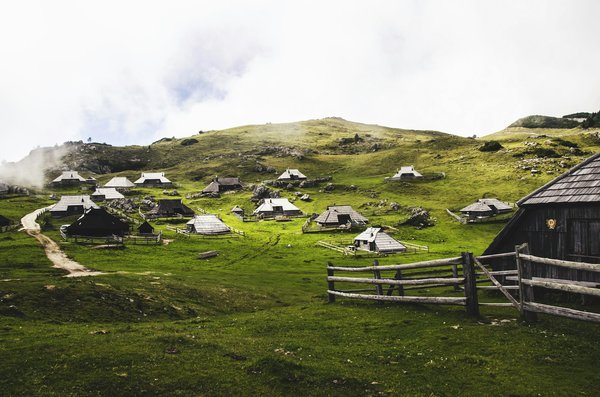
How to effectively communicate with locals when camping in rural UK villages?
...

What are the best battery or solar-powered gadgets for camping in remote UK areas?
In today's world where technology has become an integral part of our daily lives, it's hard to imagi...

What are the most effective ways to heat a tent during early spring in the UK?
...
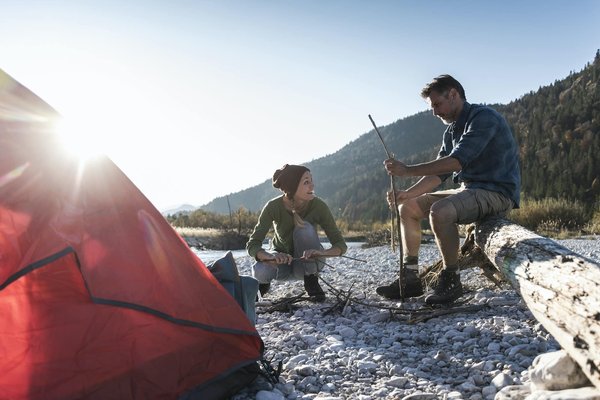
What are the top 5 family-friendly campsites in Cornwall?
Embarking on a camping adventure with the family can be an enchanting and unforgettable experience. ...
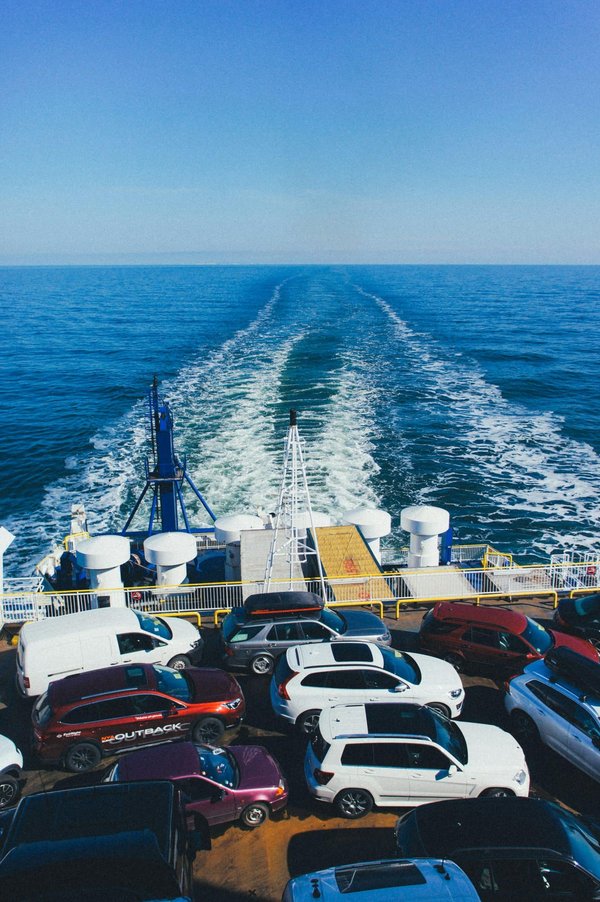
How can you participate in maritime conservation efforts on a UK cruise?
...

How do themed UK cruises cater to specific interests like art or music?
Themed cruises have revolutionized the way we think about holidays at sea. The cruise industry in th...

How to find the best deals on last-minute UK cruise getaways?
Are you looking for the ultimate escape from the hustle and bustle of everyday life? A last-minute c...

What is the ideal length of a cruise to explore the Isle of Man?
...

What onboard childcare options are available during a UK cruise?
The very idea of vacationing on a cruise ship with your family can bring about mixed emotions. On on...

Which are the most romantic cruise routes for couples in the UK?
As you plan for your honeymoon or simply a captivating romantic getaway, the idea of sailing on a cr...

How can one take part in a local food tasting event in Birmingham without overspending?
...

How can tourists enjoy a cost-effective weekend in Bath?
...

How can visitors find cost-effective souvenirs in London tourist spots?
London, a city rich in history and culture, is an ultimate shopping destination for intriguing and u...

What are the best budget-friendly day trips from Manchester?
Manchester, the vibrant city in the Northwest of England, is renowned for its rich industrial herita...

What are the best times and places to see wildflowers in Wales for free?
An astounding blend of breathtaking landscapes, captivating wildlife, and deep-rooted traditions, Wa...

What strategies can help you find cheap eats in central London?
...

How can tourists learn about sustainable fishing practices in Northern Ireland?
Surrounded by the vast North Atlantic Ocean, Northern Ireland is renowned for its vibrant marine lif...

How do UK cities adapt tourism services for non-English speakers?
...

In which UK city can tourists learn about urban beekeeping?
Urban beekeeping is an increasingly popular activity, promising not just the sweet reward of honey, ...

What are the hidden gem museums in Manchester for art lovers?
In the heart of England, nestled amongst the hustle and bustle, you'll find a city steeped in histor...

What are the most informative World War II history tours in London?
...
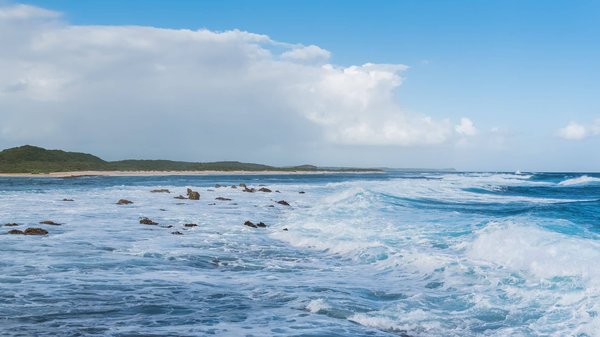
Which lesser-known Scottish castles are worth visiting?
As you plan your next travel adventure, Scotland's breathtaking landscape and rich history may well ...

Are there holiday rentals in the Welsh Valleys that offer traditional Welsh cooking classes?
When planning a holiday, accommodation options can make or break your vacation experience. If you're...

How can you verify the authenticity of a holiday rental listing in Edinburgh?
...

How to choose a holiday rental in rural Herefordshire that offers apple-picking experiences in autumn?
...

How to choose a holiday rental in the Scottish Highlands with the best mountain views?
...

What should you know about flood risks when booking a holiday rental near UK rivers?
As the summer season approaches, many of you will be planning your annual holidays. The UK, with its...

Which areas in Northern Ireland offer the most serene holiday rental experiences?
Northern Ireland, a constituent part of the United Kingdom, holds its own when it comes to mesmerisi...